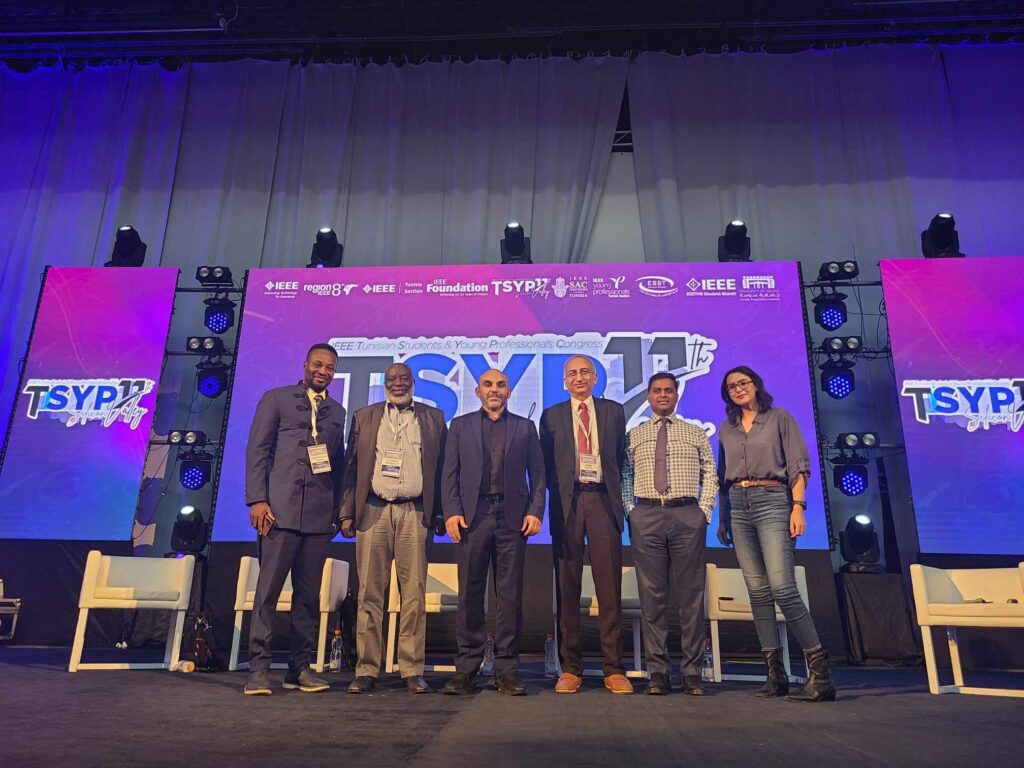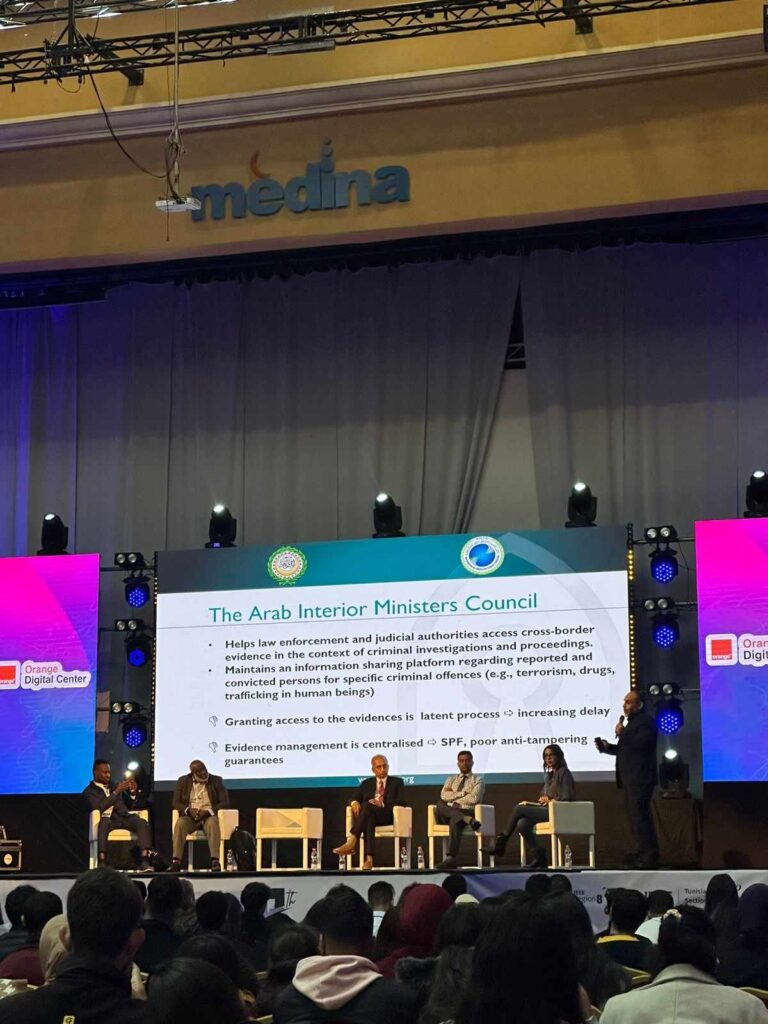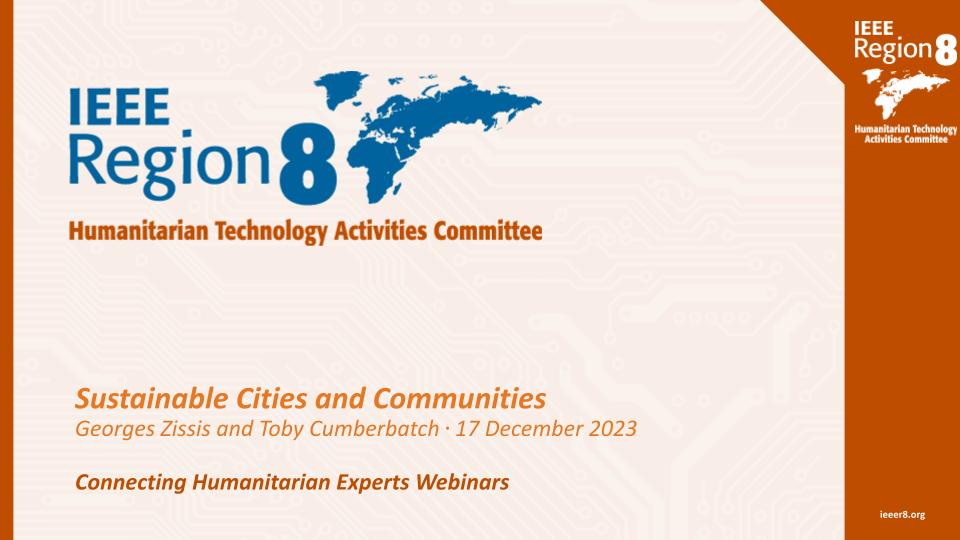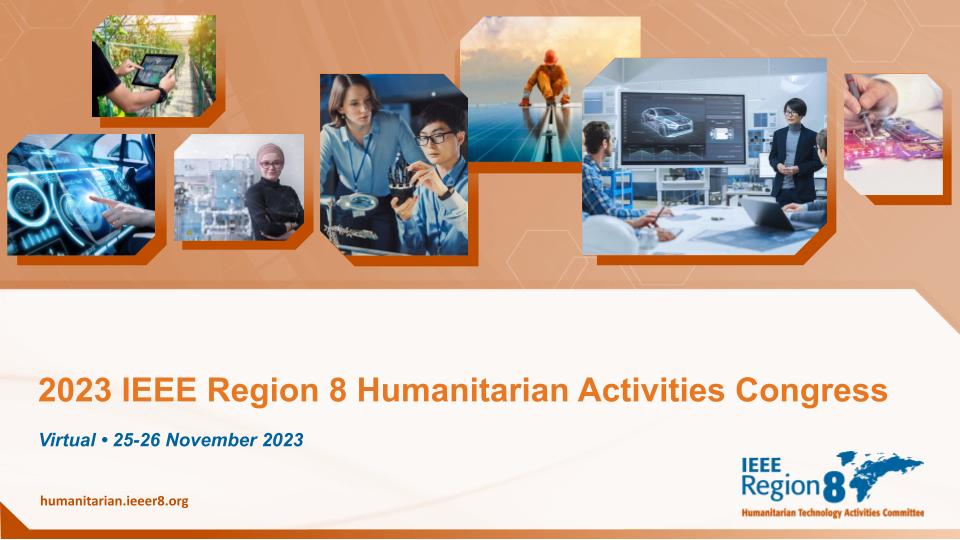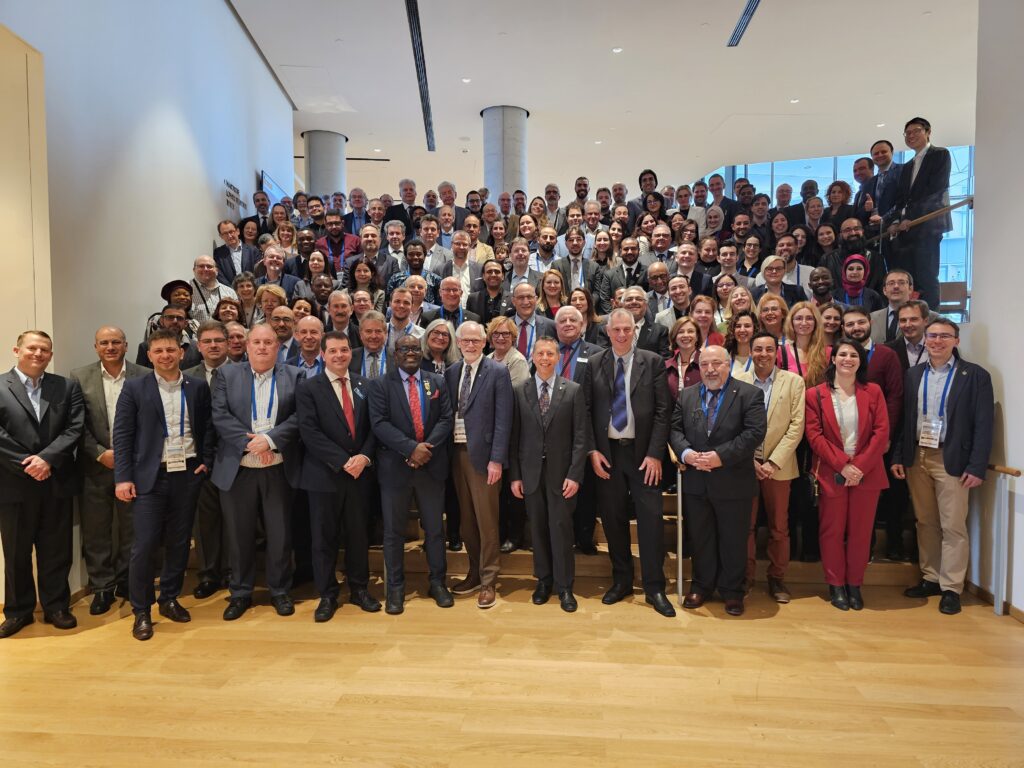Combining Humanitarian Projects with Technical Activities in EUROCON 2023
Theodoros Chatzinikolaou, IEEE Region 8 Humanitarian Activities Chair
The IEEE Region 8 Humanitarian Activities Committee (R8 HuAC) played an active role in IEEE EUROCON 2023, a flagship conference of R8 held in Torino, Italy, on 6-8 July 2023. On the inaugural day, the R8 HuAC representatives attended the oral finals of the R8 Student Paper Contest (SPC), one of the oldest R8 competitions that showcase the scholarly skills of talented students. During this event, they took the opportunity to present the various humanitarian opportunities that IEEE offers, underlining the potential to contribute to society through technological innovation and the power of technological innovation in driving positive change.
The following day marked the beginning of the “B.S. and M.S. Student Competition”, attracting students from diverse disciplines. The core theme revolved around sustainable development projects, aligning with the United Nations Sustainable Development Goals (UN SDGs). To guide the participants, an introduction to R8 HuAC and IEEE SIGHT was delivered, along with insights into the intricacies of cultivating humanitarian projects. Subsequently, the participants were divided into teams to delve into UN SDGs with a focus on three specific goals: “Good Health and Well-Being” (Goal 3), “Sustainable Cities and Communities” (Goal 11), and “Responsible Consumption and Production” (Goal 12). This collaborative brainstorming phase generated some innovative presentations, each outlining concrete plans and ideas to harness technological solutions for uplifting communities.
The final act of this competition occurred on the third day, as teams took the stage to present their refined ideas to the evaluation committee. This presentation was followed by a rigorous Q&A session, testing the depth of their ideas and the feasibility of their solutions. The grand finale of the conference, the closing ceremony, marked the acknowledgment of outstanding contributions. Among the accolades presented, the team behind “Shared Communal Gardens” was granted the distinguished “Best Idea Award”, while the “Best Presentation Award” was bestowed upon the creators of the “Ecocarpool” concept. It is only fitting to extend hearty congratulations to all participating teams for their exceptional dedication and innovative concepts.


Image credit: IEEE R8 Humanitarian Activities Committee and EUROCON 2023

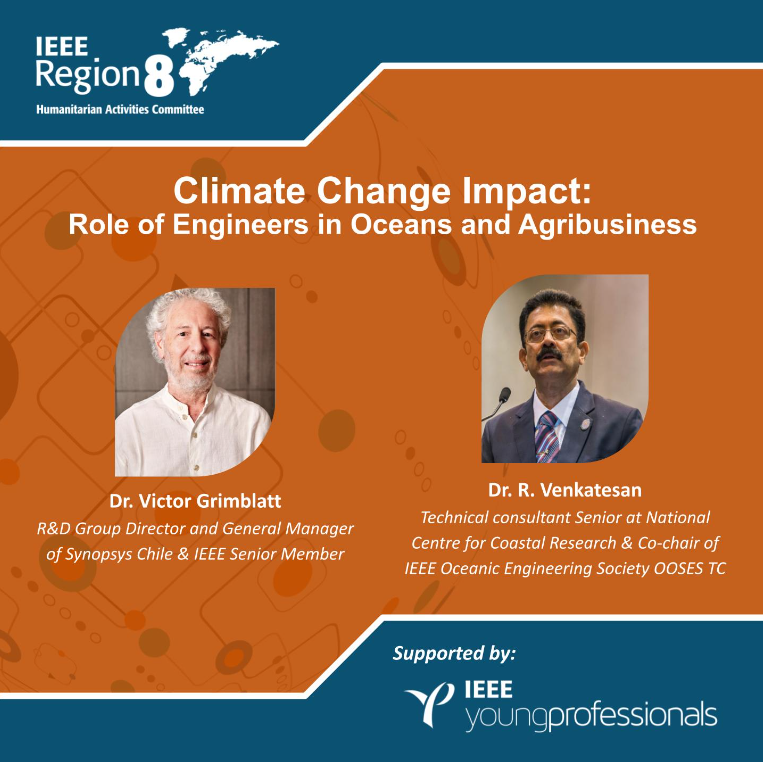
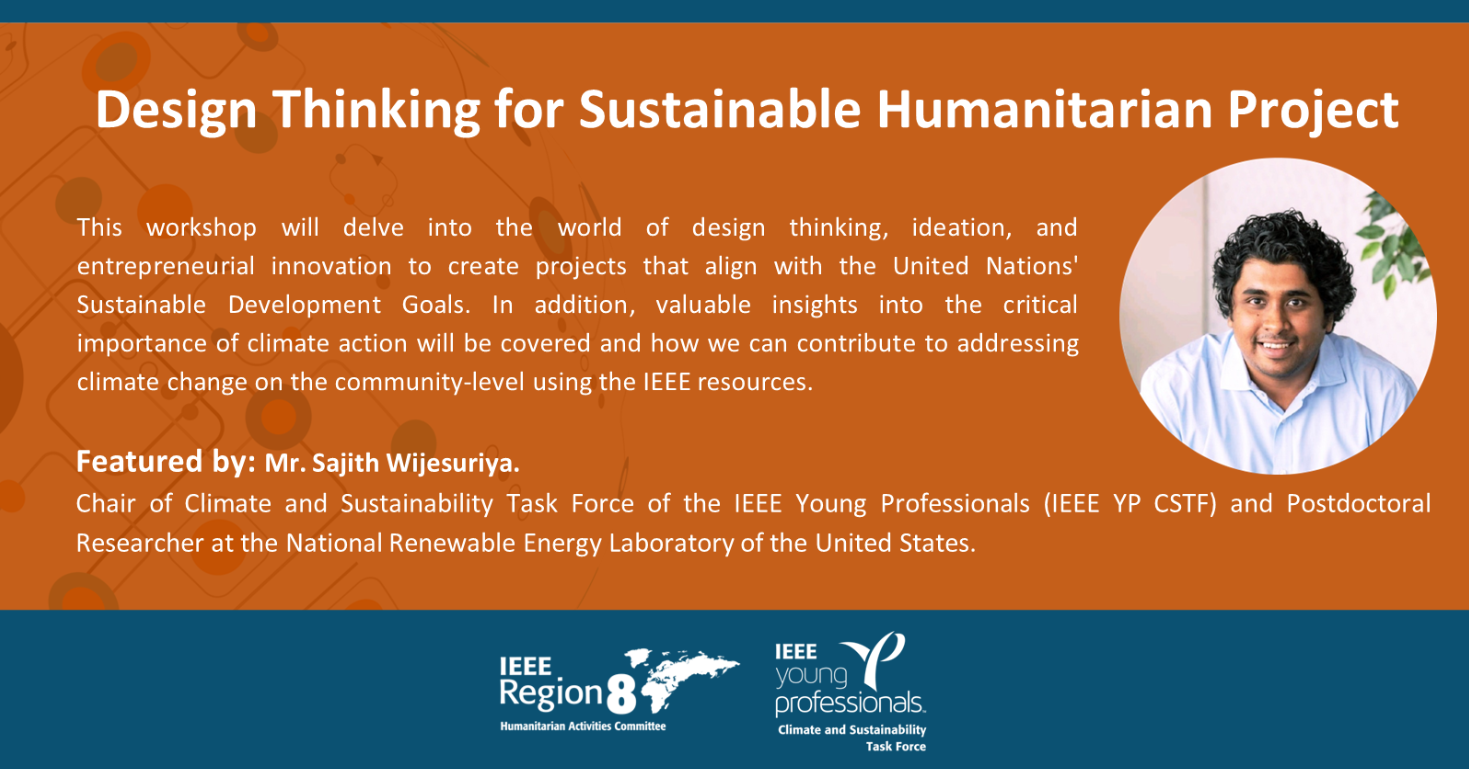
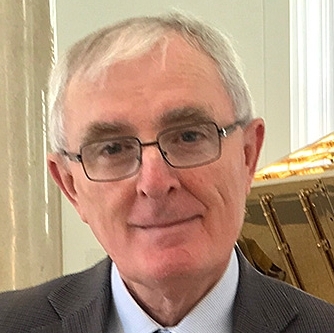 Antonio
Antonio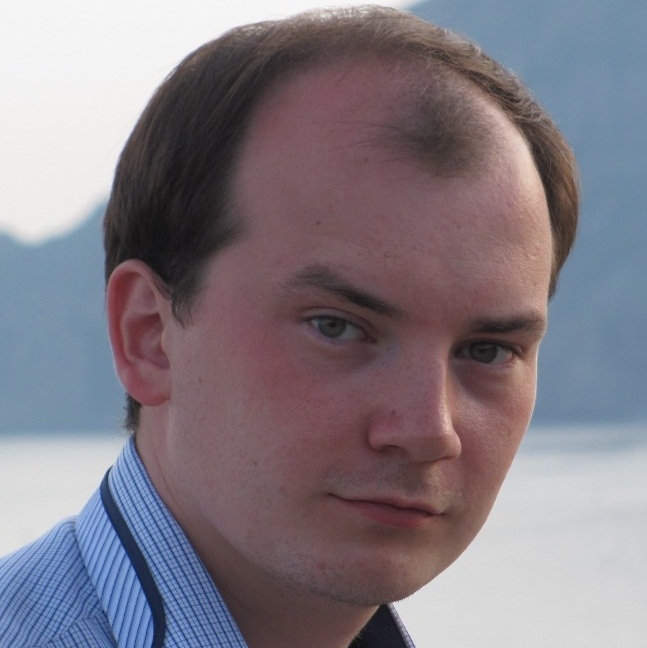 Evgen
Evgen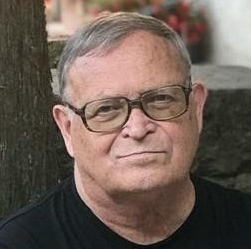 Sergei
Sergei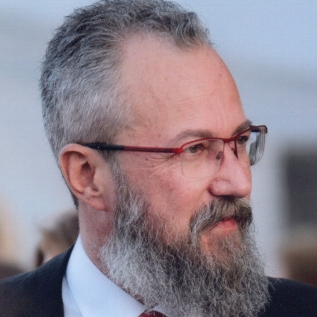 Stefano
Stefano